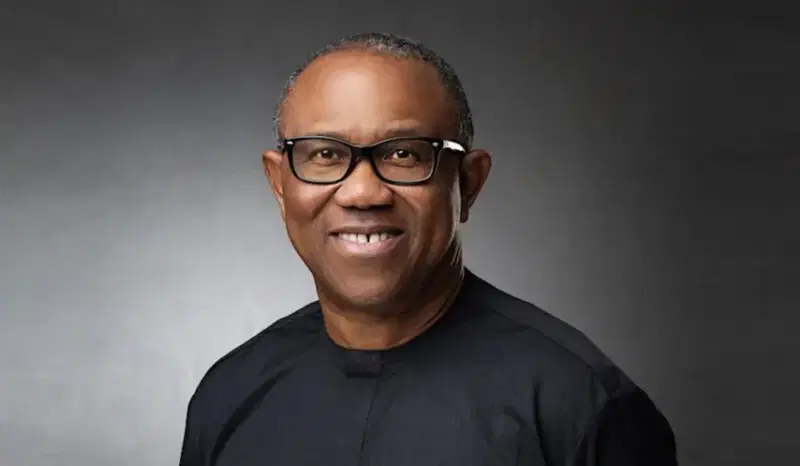
In a significant blow to Nigeria’s opposition Labour Party, Oseloka Obaze, a close associate of former presidential candidate Peter Obi and former Secretary to the Anambra State Government, has officially resigned from the party. The seasoned diplomat and political strategist submitted his resignation letter on Sunday to the Labour Party chairman in Ochuche Ward 406, Ogbaru Local Government Area of Anambra State.
Obaze’s departure stems from his vehement rejection of the party’s April 5 governorship primary election in Anambra, which he described as fundamentally flawed. In his resignation letter, the former United Nations official stated, “The processes, conduct and outcome of the Labour Party governorship primaries were fraught with outright irregularities, bordering on fraud and criminality.” He emphasized that the exercise violated both the party’s constitution and democratic principles, making his continued membership untenable.
The resignation marks a notable rupture within the Labour Party’s leadership circle, particularly given Obaze’s instrumental role in Peter Obi’s 2023 presidential campaign. As Obi’s campaign manager and a key architect of the influential “Obedient Movement,” Obaze had been regarded as one of the party’s intellectual pillars since defecting from the Peoples Democratic Party (PDP) alongside Obi in 2022.
Speaking to the newsmen, Obaze confirmed the authenticity of his resignation letter but remained silent about his future political plans. However, sources close to the former diplomat suggest his decision was influenced by multiple factors beyond the disputed primary, including the unresolved leadership crisis between the Julius Abure and Nenadi Usman factions at the national level.
Political analysts view Obaze’s exit as symptomatic of deeper structural challenges within the Labour Party following its unexpected strong showing in the 2023 elections. The party’s rapid growth appears to have outpaced its capacity to establish robust internal democratic mechanisms, with the Anambra primary dispute being the latest in a series of organizational controversies.
The development raises questions about potential ripple effects within Peter Obi’s political camp ahead of future elections. While Obi himself has not commented on Obaze’s resignation, the departure of such a high-profile ally may embolden other discontented members to reconsider their positions. Observers will be watching closely to see whether Obaze’s move signals the beginning of a broader realignment within Nigeria’s opposition politics.
For now, the Labour Party faces mounting pressure to address internal grievances and demonstrate its commitment to democratic values if it hopes to maintain its relevance as a viable alternative to Nigeria’s established political parties. Obaze’s resignation serves as both a warning and an opportunity for the party to undertake much-needed reforms before the next electoral cycle.






